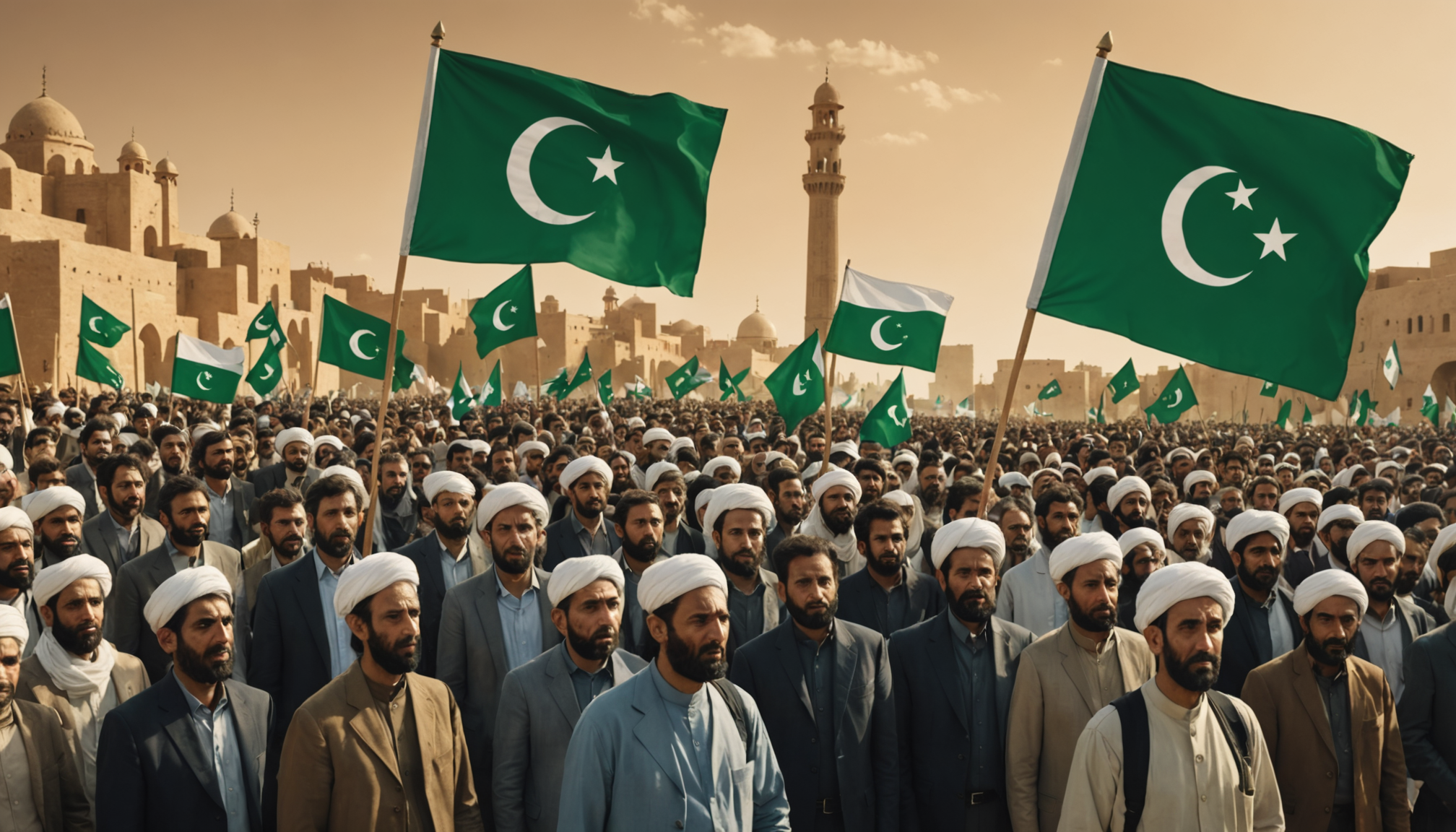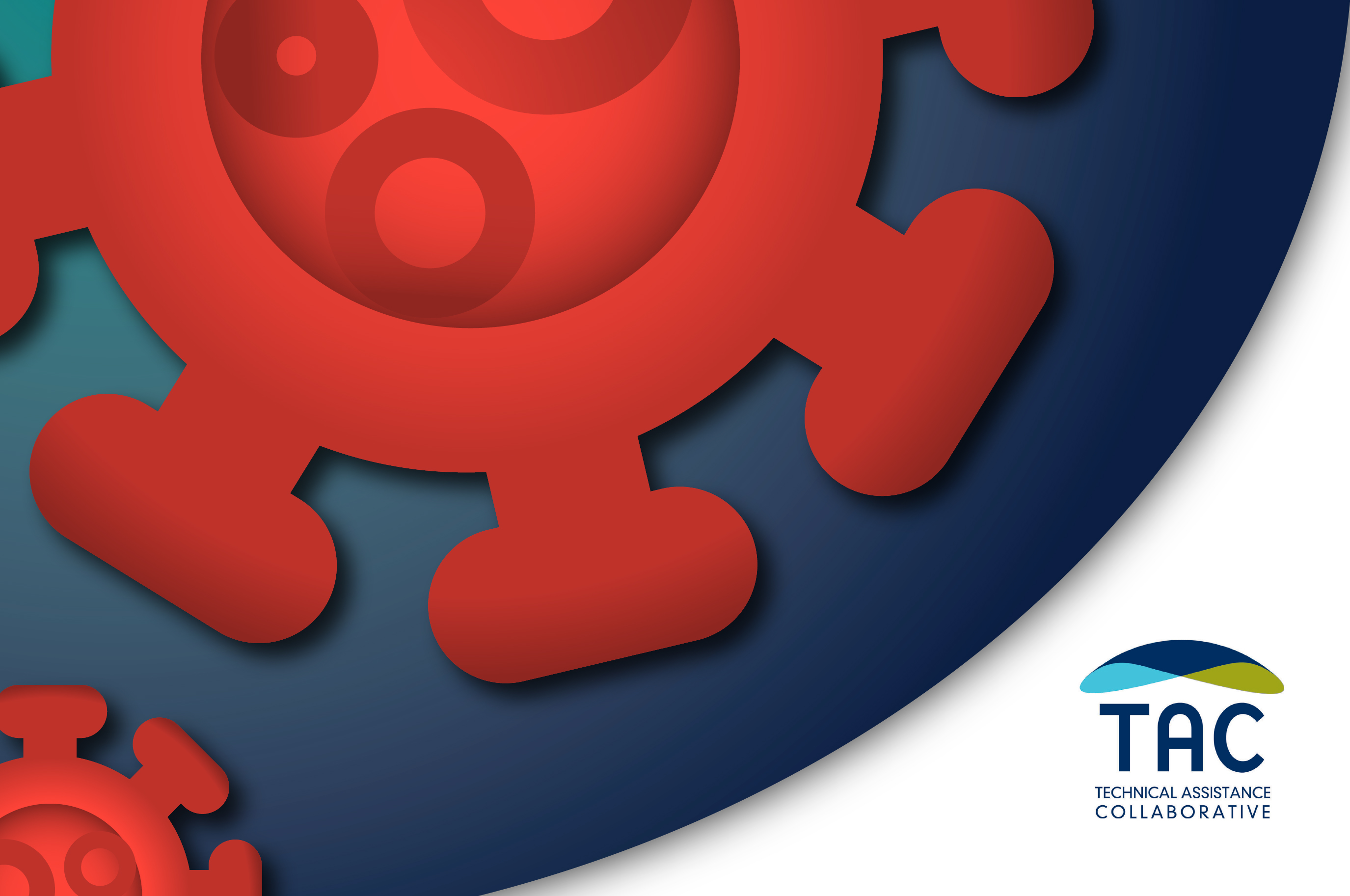
Pakistan Advocates for Political Inclusion in Iraq Ahead of 2024 Elections
Context and Background
On Tuesday, Pakistan emphasized the importance of greater political inclusion in Iraq as the country prepares for national elections scheduled for November 2024. The call was made during a United Nations Security Council briefing focused on the United Nations Assistance Mission in Iraq (UNAMI).
UNAMI, established in 2003 following the US-led invasion of Iraq, operates with a mandate to support the nation’s political transition, humanitarian coordination, and national reconciliation. The mission is planned to conclude by the end of 2025, following a structured drawdown approved by the Security Council in 2023.
Pakistan’s Position on Iraq’s Stability and Governance
- Pakistan’s Ambassador to the UN, Asim Iftikhar Ahmad, commended Iraq’s efforts to strengthen democratic institutions and improve governance.
- Pakistan expressed concern over the volatile regional security environment in the Middle East, highlighting ongoing conflicts in neighboring countries that could threaten Iraq’s stability.
- Ambassador Ahmad reaffirmed Pakistan’s support for Iraq’s sovereignty, unity, and territorial integrity, emphasizing the need to prevent Iraq from becoming entangled in regional confrontations.
Emphasis on Sustainable Development Goals (SDGs)
Pakistan’s statements underscored multiple Sustainable Development Goals (SDGs), including:
- SDG 16: Peace, Justice, and Strong Institutions – By urging political inclusivity and dialogue among Iraqi stakeholders, Pakistan supports the strengthening of democratic processes and institutions.
- SDG 10: Reduced Inequalities – Encouraging inclusivity in political participation aims to reduce inequalities and promote social cohesion.
- SDG 3: Good Health and Well-being and SDG 1: No Poverty – Highlighting the need for sustained humanitarian attention, particularly for internally displaced persons (IDPs), aligns with goals targeting health, well-being, and poverty reduction.
- SDG 17: Partnerships for the Goals – Pakistan’s support for coordinated and inclusive transition planning reflects the importance of global partnerships and cooperation.
Recommendations and Observations
- Pakistan encouraged all political stakeholders in Iraq to maintain ongoing dialogue and inclusivity to address institutional gaps and reinforce democratic processes ahead of the November elections.
- The ambassador welcomed recent reforms in Iraq, such as the implementation of the federal budget and the successful conduct of provincial council elections.
- Pakistan highlighted the importance of continued humanitarian efforts, especially for internally displaced persons, noting Iraq’s progress in facilitating voluntary returns and reintegration.
- Regarding the conclusion of the UNAMI mandate, Pakistan stressed that the transition process must be inclusive, coordinated, and responsive to Iraq’s national priorities.
Conclusion
Pakistan’s intervention at the UN Security Council briefing reinforced the critical role of political inclusion, stability, and humanitarian support in Iraq’s ongoing development. The emphasis on Sustainable Development Goals throughout the discussion aligns with global efforts to promote peace, justice, and well-being in conflict-affected regions.
1. Sustainable Development Goals (SDGs) Addressed or Connected
- SDG 16: Peace, Justice and Strong Institutions
- The article discusses political inclusion, democratic institutions, governance, national reconciliation, and stability in Iraq, all of which relate directly to SDG 16.
- SDG 10: Reduced Inequalities
- The emphasis on political inclusion and addressing institutional gaps points to efforts to reduce inequalities within Iraq’s political system.
- SDG 3: Good Health and Well-being
- Humanitarian attention to internally displaced persons (IDPs) and their reintegration relates to health and well-being.
- SDG 11: Sustainable Cities and Communities
- The focus on voluntary returns and reintegration of IDPs also connects to sustainable community development.
2. Specific Targets Under Those SDGs Identified
- SDG 16
- Target 16.6: Develop effective, accountable and transparent institutions at all levels (strengthening democratic institutions and governance).
- Target 16.7: Ensure responsive, inclusive, participatory and representative decision-making (political inclusion and dialogue among stakeholders).
- Target 16.1: Significantly reduce all forms of violence and related death rates (stability and avoiding regional confrontations).
- SDG 10
- Target 10.2: Empower and promote the social, economic and political inclusion of all (greater political inclusion in Iraq).
- SDG 3
- Target 3.8: Achieve universal health coverage, including financial risk protection and access to quality essential health-care services (humanitarian attention to IDPs).
- SDG 11
- Target 11.1: Ensure access for all to adequate, safe and affordable housing and basic services (reintegration and voluntary returns of IDPs).
3. Indicators Mentioned or Implied to Measure Progress
- Indicators related to SDG 16
- Proportion of seats held by women and minorities in national parliaments and local governments (implied by calls for political inclusion and dialogue).
- Number of verified cases of violence and conflict-related deaths (implied by concerns about regional security and stability).
- Existence and implementation of national reconciliation processes (implied by the UNAMI mandate and national reconciliation efforts).
- Indicators related to SDG 10
- Proportion of people living below 50% of median income, by sex, age and persons with disabilities (implied by political inclusion efforts to reduce inequalities).
- Indicators related to SDG 3
- Number of internally displaced persons receiving humanitarian assistance (implied by the emphasis on humanitarian attention).
- Coverage of essential health services for displaced populations.
- Indicators related to SDG 11
- Proportion of urban population living in slums or inadequate housing (implied by reintegration and voluntary returns of IDPs).
- Number of IDPs successfully reintegrated into communities.
4. Table: SDGs, Targets and Indicators
| SDGs | Targets | Indicators |
|---|---|---|
| SDG 16: Peace, Justice and Strong Institutions |
|
|
| SDG 10: Reduced Inequalities |
|
|
| SDG 3: Good Health and Well-being |
|
|
| SDG 11: Sustainable Cities and Communities |
|
|
Source: arabnews.com







